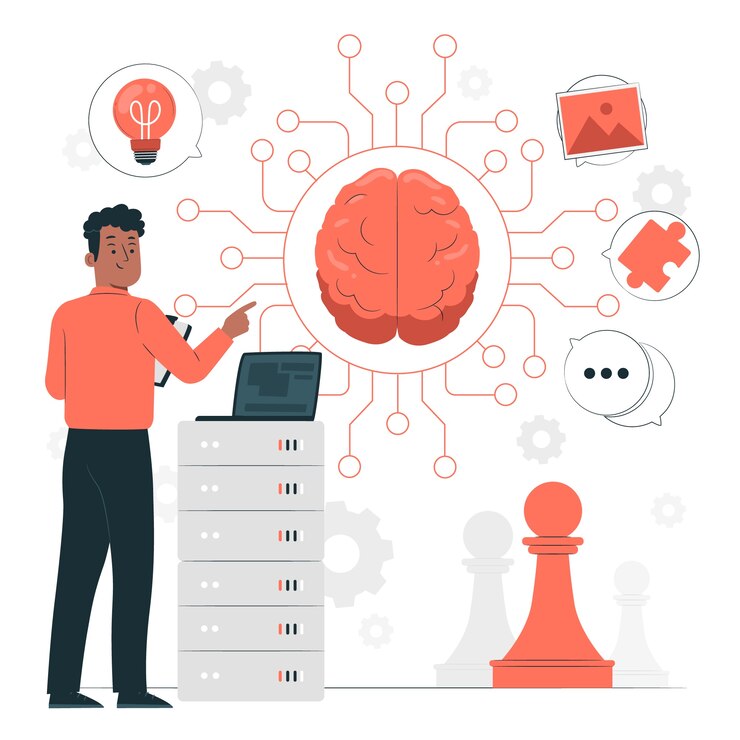
5 Best Ways to Quickly Memorize: A full Guidance
Memorization is an essential skill in various aspects of life, from academic pursuits to professional endeavors and personal growth. Whether you’re a student preparing for exams, a professional aiming to master new information, or simply someone who enjoys learning, improving your memorization techniques can significantly enhance your ability to retain and recall information. Here are the five best ways to quickly memorize, explained in detail to help you achieve your learning goals efficiently.
1. Use Mnemonic Devices
Mnemonic devices are powerful tools that help encode information into an easily recallable form. These devices use associations between easy-to-remember constructs and the information you want to memorize. Here are some popular mnemonic techniques:
- Acronyms and Initialisms: Create a word or phrase where each letter represents a piece of information. For example, to remember the colors of the rainbow, you can use “ROYGBIV” (Red, Orange, Yellow, Green, Blue, Indigo, Violet).
- Rhymes and Songs: Turn information into a rhyme or song. The rhythm and melody make it easier to remember. Think of how you learned the alphabet with the “ABC” song.
- Visualization: Associate information with vivid images. For instance, to remember a shopping list, you could visualize each item in a specific room of your house.
By creating strong, imaginative, and memorable associations, mnemonic devices can dramatically improve your recall.
2. Utilize the Spaced Repetition Technique
Spaced repetition involves reviewing information at increasing intervals over time. This technique exploits the psychological spacing effect, which shows that we remember information better when we review it periodically rather than cramming.
Here’s how to apply spaced repetition:
- Create a Schedule: Start by reviewing new information shortly after learning it, then space out reviews to every few days, then weeks, and so on.
- Use Flashcards: Digital apps like Anki or physical flashcards can help manage spaced repetition. Each card is reviewed based on how well you recall the information.
- Adjust Based on Performance: Increase the interval between reviews for information you remember well and decrease it for information you struggle with.
Spaced repetition helps move information from short-term to long-term memory by reinforcing the neural connections each time you review.
3. Practice Active Learning
Active learning involves engaging with the material in a way that requires mental effort, making it more likely to be remembered. Here are some active learning strategies:
- Teach Someone Else: Explaining the material to someone else forces you to organize your thoughts and identify gaps in your understanding.
- Summarize Information: After reading or learning something new, summarize it in your own words. This process reinforces your comprehension and memory.
- Ask and Answer Questions: Create questions about the material and try to answer them without looking at your notes. This simulates test conditions and improves recall.
By actively engaging with the material, you create stronger memory traces than passive reading or listening.
4. Create Mind Maps
Mind mapping is a visual technique that helps structure information in a hierarchical and interconnected manner. It involves writing down a central idea and branching out with related concepts, keywords, and images.
- Central Idea: Place the main topic at the center of the map.
- Branches: Draw branches from the central idea, each representing a subtopic.
- Keywords and Images: Use keywords and images to represent ideas and connections.
Mind maps leverage the brain’s natural inclination for visual information and patterns, making it easier to recall complex information.
5. Adopt a Healthy Lifestyle
Your lifestyle plays a crucial role in your ability to memorize information. Here are some key aspects to consider:
- Sleep: Adequate sleep is essential for memory consolidation. Aim for 7-9 hours per night.
- Diet: Consume a balanced diet rich in antioxidants, omega-3 fatty acids, and vitamins, which support brain health. Foods like fish, nuts, berries, and leafy greens are particularly beneficial.
- Exercise: Regular physical activity improves blood flow to the brain and enhances cognitive function.
- Stress Management: Chronic stress can impair memory. Practices like meditation, deep breathing, and mindfulness can help reduce stress levels.
A healthy lifestyle creates an optimal environment for your brain to function efficiently, enhancing your memory and cognitive abilities.